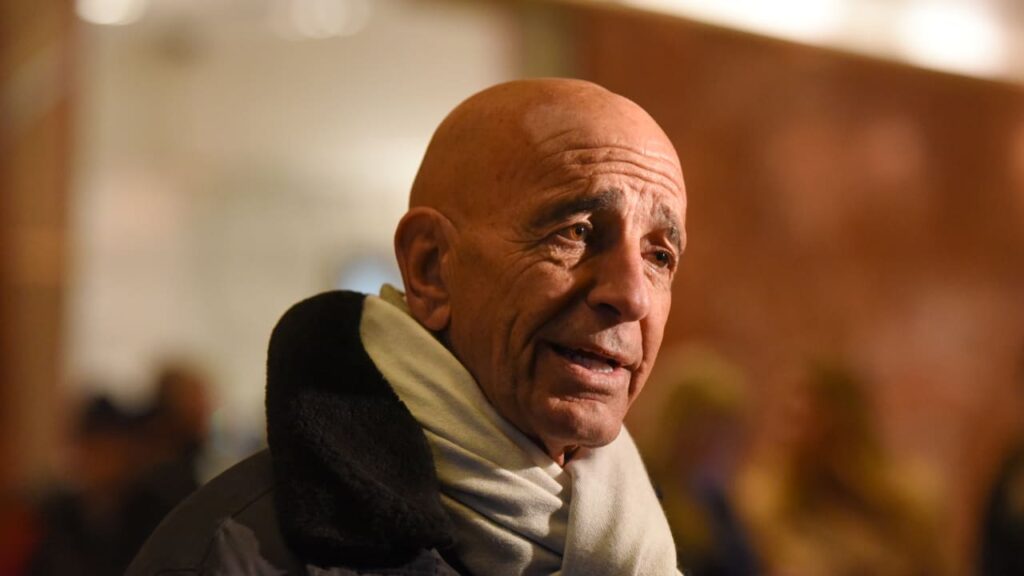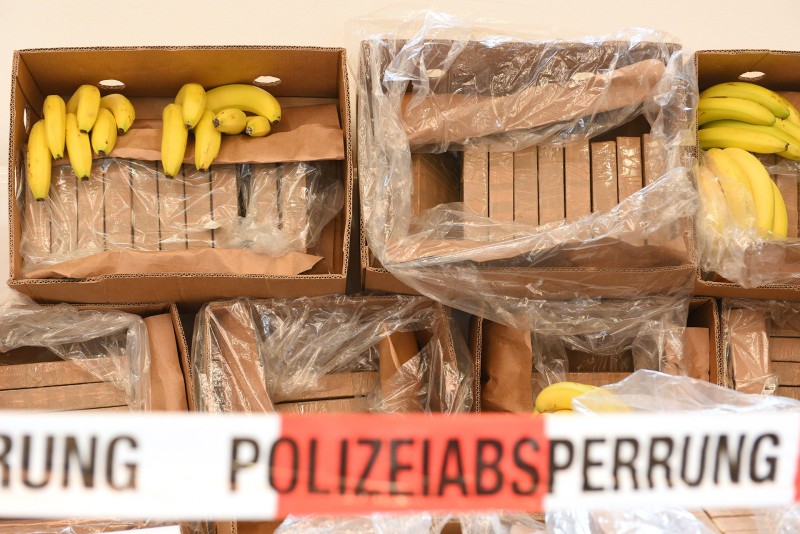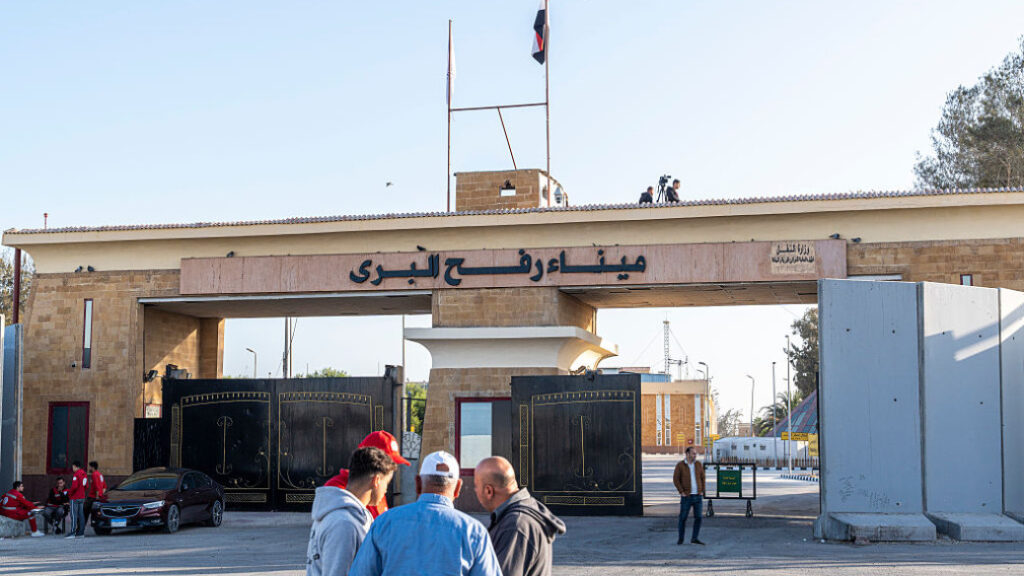Iraqi Government Formation: Iranian-backed Iraqi Parties Are Poised to Control the Next Government
Iranian-backed political parties are preparing to form the next Iraqi federal government after winning over a third of the seats in the recent parliamentary elections. These parties may exclude or at least weaken Prime Minister Mohammad Shia al Sudani, despite his coalition winning the plurality of seats. Sudani could try to obstruct the Iranian-backed parties, but will face considerable challenges, especially given their readiness to use political tools and force to consolidate their political influence. If the parties succeed in excluding or weakening Sudani, they may be further empowered to dominate Iraq and support Iranian interests within the country.




